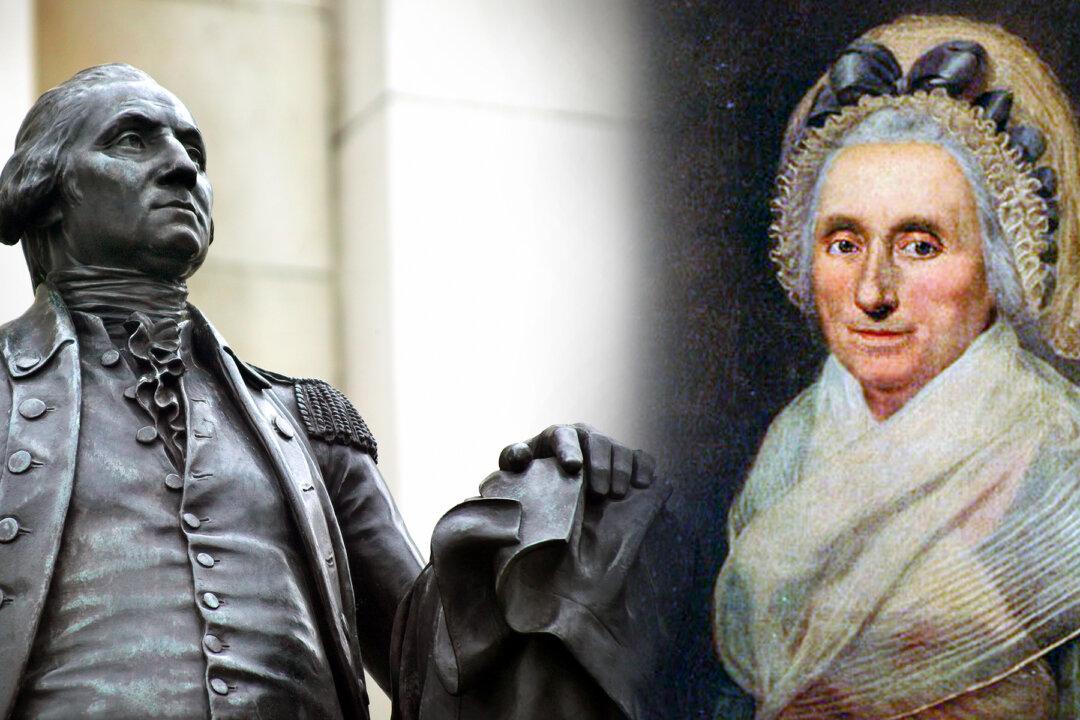While George Washington is remembered as the man most responsible for transforming the colonies into United States, many Americans don’t know about the influence of his mother, Mary Ball Washington.
Despite more than two centuries of America’s history as a Republic, its citizens still look at our first president as the greatest according to polls. While historians have debated Mary Washington’s temperament, it is clear that without her strength of character, her son would never have achieved the greatness that he did.






